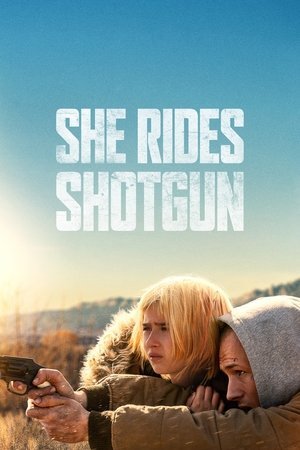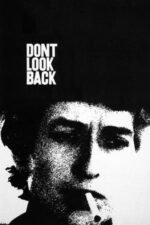Direct cinema
When we talk about direct cinema, we're diving into a documentary style that aims for unobtrusive observation and minimal interference in subjects' lives. In other words, these filmmakers wanted to let life happen naturally, capturing raw moments as they unfolded before the camera. This approach has produced some of the most memorable documentaries in history, offering viewers an intimate glimpse into worlds they might otherwise never see.
Let's start with "Primary," a groundbreaking documentary directed by Robert Drew and Richard Leacock. It captured presidential candidates John F. Kennedy and Hubert Humphrey like never before - their private moments, their public speeches, and the raw emotion behind them. Using lightweight equipment to blend into the background, the filmmakers created a new language for political documentaries - one that would be followed by countless others in years to come. This wasn't about narration or interviews; it was about putting us right at the heart of history as it happened.
"The Lovely Month of May," directed by Alan and Susan Raymond, takes this direct approach further into the realm of human experience. Here, we aren't watching politicians but everyday people sharing their thoughts on happiness. There are no voiceovers or interviews; instead, we listen in on conversations between friends, family members, and strangers. The result is a profound meditation on what makes us happy, reminding us that beneath our diverse surfaces, we all share common yearnings for love, fulfillment, and a sense of purpose.
"Monterey Pop," directed by D.A. Pennebaker, offers another take on direct cinema - this time through the lens of music. This documentary chronicles the legendary 1967 Monterey Pop Festival, capturing iconic performances from artists like Otis Redding, The Mamas and The Papas, Jefferson Airplane, and Jimi Hendrix. But it's not just about the music; it's also about the spirit of a generation coming together for an unforgettable weekend of peace, love, and rock 'n' roll. Pennebaker's camera work lets us feel like we're right there in the crowd, experiencing every note and every electric moment of Hendrix setting his guitar on fire.
"Grey Gardens," directed by Albert and David Maysles, gives us an intimate look at the lives of Edith Ewing Bouvier Beale and her daughter 'Little' Edie Beale. Living in their crumbling East Hampton mansion surrounded by cats and raccoons, they spin yarns about their pasts and present a fascinating tableau of two women adrift from conventional society. Their eccentricities may shock at first, but as we delve deeper into their lives, we see them not just as socialites fallen on hard times but as complex human beings dealing with the challenges life has thrown their way.
"Salesman," also by the Maysles brothers, takes us into the world of door-to-door Bible salesmen. The film follows four men from the Mid-American Bible Company as they navigate rural America trying to sell gold-leaf Bibles in a struggling economy. We see their camaraderie and rivalries, their resilience in the face of rejection, and the tenacity that drives them forward. It's a compelling study of ambition, persistence, and the American Dream played out on a small stage.
Finally, "Don't Look Back," directed by D.A. Pennebaker again, puts us in the shoes of Bob Dylan during his peak years. We see him engage with fans, spar with journalists, and interact with other musicians like Joan Baez, Donovan, and Alan Price. Through these candid moments, we get a glimpse into the mind of this legendary artist who was simultaneously shaping and reflecting the cultural landscape of the 1960s.
Each of these films embodies direct cinema's core tenets: observation over intervention, unobtrusive cameras capturing raw life, and a commitment to letting the subject dictate the narrative. They are testaments to the power of honest storytelling, inviting us into worlds we might never otherwise see while reminding us that beneath our differences, we all share common human experiences. Whether it's politics, music, personal relationships, or simply our pursuit of happiness, these films encourage us to look closer, listen harder, and appreciate the beauty in the everyday.




























